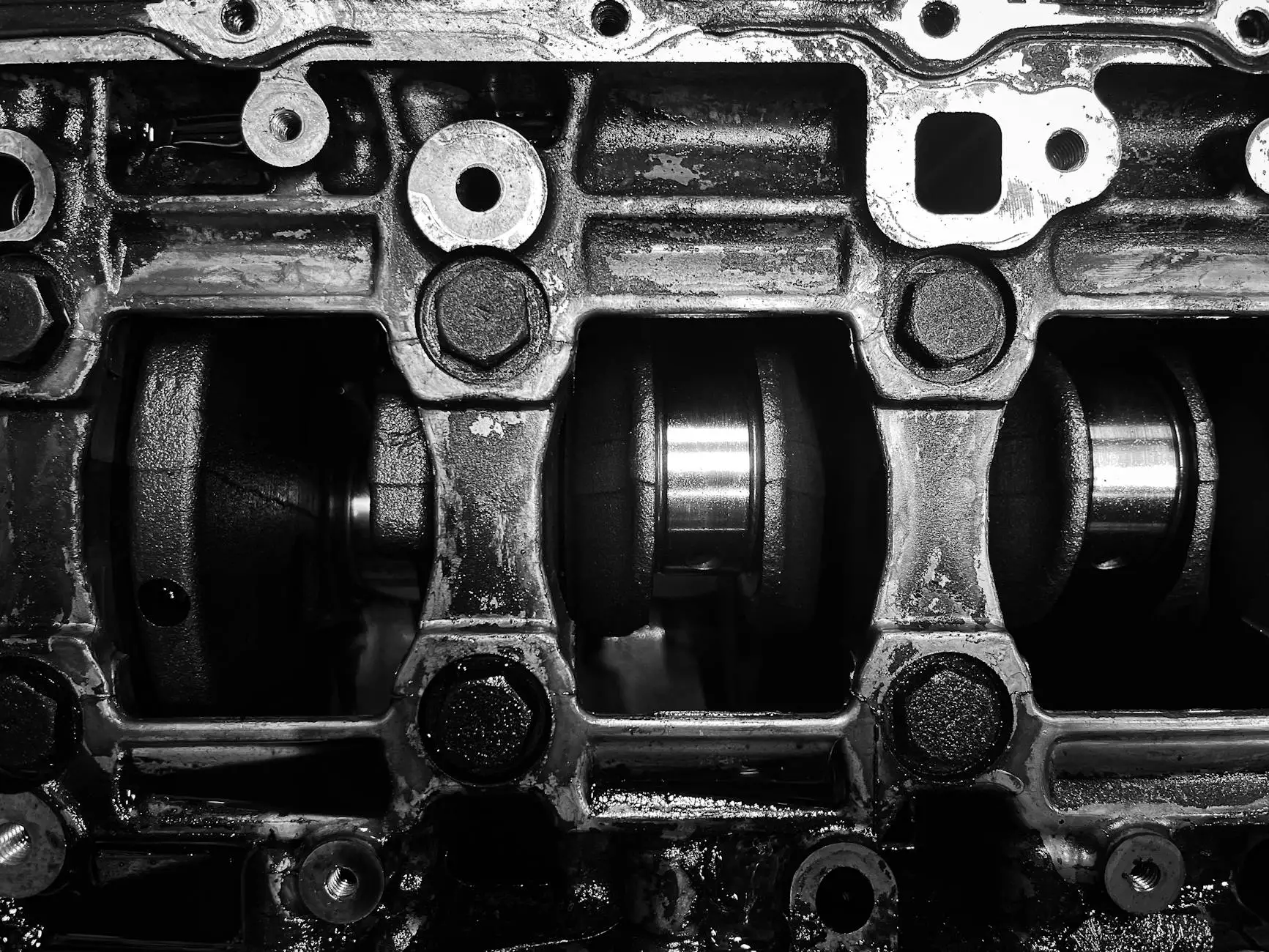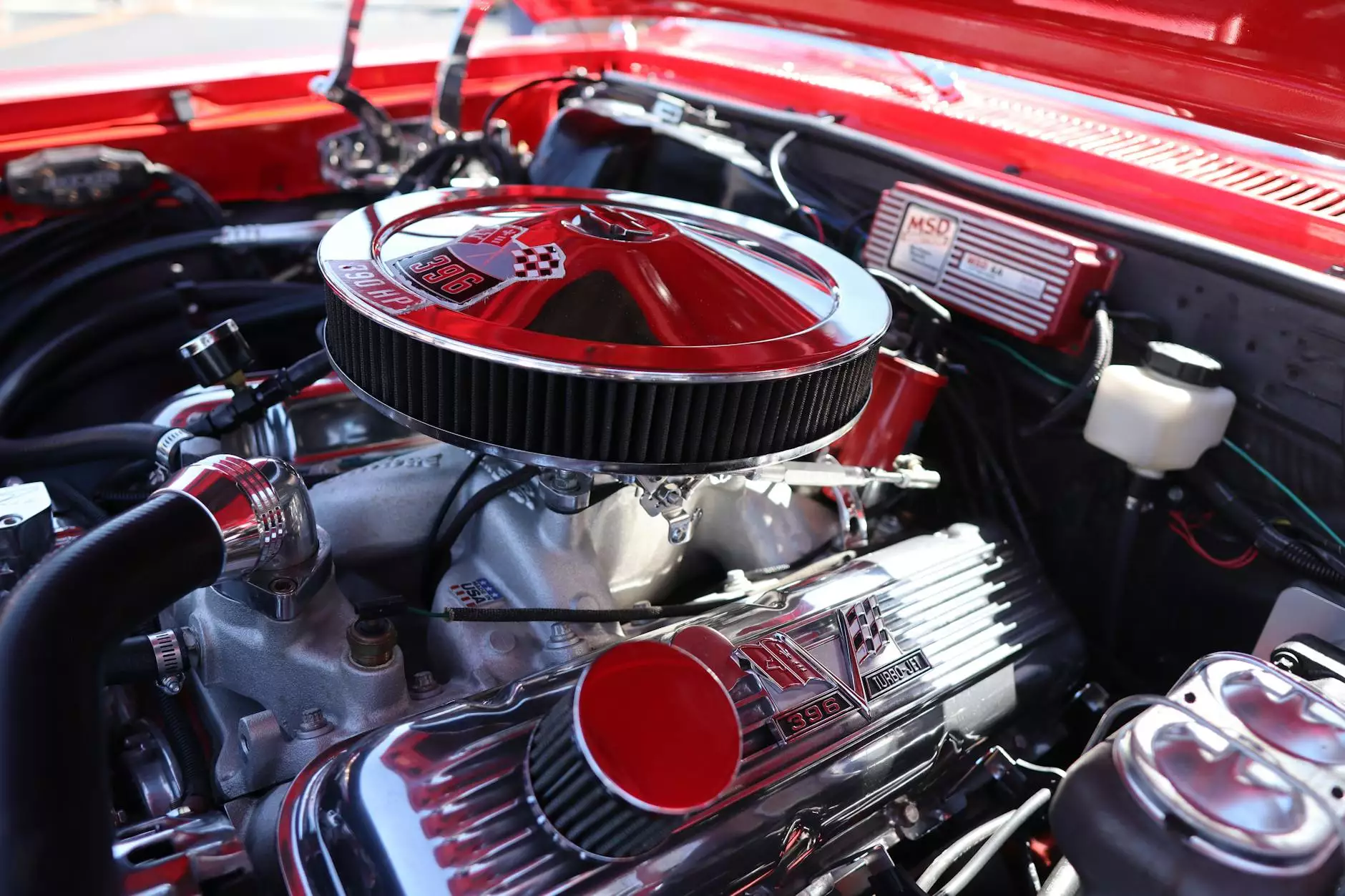The Crucial Role of Crankshaft Manufacturers in the Diesel Engine Industry

In the vast world of automotive engineering, the significance of quality components cannot be overstated, especially when it comes to diesel engines. Among these components, crankshafts play a vital role in the overall performance and longevity of engines. In this article, we will delve into the intricacies of the crankshaft manufacturing process, the leading manufacturers in the field, and their contributions to enhancing the efficiency and reliability of diesel engines. Whether you are a manufacturer, supplier, or end user, understanding the dynamics of this key component is essential.
What is a Crankshaft?
A crankshaft is a critical component in any engine, converting the linear motion of the pistons into rotational motion. This conversion is essential for the engine's power delivery to the transmission and ultimately to the wheels. Typically made from durable materials such as cast iron and forged steel, crankshafts need to withstand significant stress and torsional loads during operation.
Key Functions of a Crankshaft
- Converts Linear Motion: The primary function of a crankshaft is to transform the linear motion of the piston into rotational motion.
- Supports Engine Timing: The crankshaft is integral in maintaining the timing of the engine cycles, ensuring smooth operation.
- Distributes Power: It efficiently distributes the power generated from the combustion process to other engine elements.
- Enables Engine Balance: A well-designed crankshaft helps to maintain the balance of the engine, minimizing vibrations.
The Manufacturing Process of Crankshafts
The manufacturing process of crankshafts is a sophisticated procedure requiring precision and expertise. Here’s a detailed look at the steps involved:
1. Material Selection
The journey begins with the selection of suitable materials. High-strength alloys, primarily forged steel and ductile iron, are favored for their durability and resistance to wear.
2. Forging Process
Most crankshafts undergo forging, a technique that enhances material properties. This involves shaping the metal at high temperatures, ensuring a dense and strong structure.
3. Machining
After forging, the crankshaft requires precise machining. This step includes turning, milling, and grinding processes to achieve the exact dimensions and surface finish needed for efficient function.
4. Heat Treatment
Heat treatment is a critical stage where the crankshaft is treated to improve its hardness and yield strength, making it more capable of withstanding the high-stress environment of the engine.
5. Quality Control
Quality control is paramount in crankshaft manufacturing. Various tests, including dimensional checks, magnetic particle inspections, and stress tests, ensure that only the highest quality crankshafts are produced.
Leading Crankshaft Manufacturers
Many manufacturers specialize in crankshaft production, each contributing uniquely to the diesel engine sector. Below are some notable crankshaft manufacturers that have earned a reputation for delivering quality products:
1. Mahle GmbH
Mahle is renowned for its advanced manufacturing technologies and innovative components. With a strong presence in the diesel engine sector, Mahle produces crankshafts designed for efficiency and durability.
2. Caterpillar Inc.
Caterpillar is a giant in the machinery sector, known not just for its equipment, but also for its high-quality engine components. Their crankshafts are characterized by extreme reliability and performance in severe working conditions.
3. Cummins Inc.
Cummins has long been a leader in diesel engines and parts manufacturing. Their crankshafts are engineered to provide optimal performance and are a preferred choice among many original equipment manufacturers (OEMs).
4. Scania CV AB
Scania is not only known for its heavy-duty trucks but also for robust engine components. Their crankshafts exemplify precision engineering and are specifically designed to optimize engine performance.
5. Volvo Penta
With a reputation for reliability, Volvo Penta produces crankshafts that deliver outstanding performance across various applications, including marine and industrial engines.
Importance of Selecting the Right Crankshaft Manufacturer
Choosing the right crankshaft manufacturer is crucial for anyone involved in the diesel engine industry. Here’s why:
- Quality Assurance: Reputable manufacturers adhere to stringent quality standards, ensuring that the crankshafts are reliable and perform well under pressure.
- Technical Support: Established manufacturers often provide extensive technical support and expertise that can be invaluable during installation and maintenance.
- Supply Chain Reliability: A top manufacturer guarantees timely delivery and supply chain reliability, which is essential for keeping production schedules on track.
- Innovation: Leading manufacturers invest in research and development, continuously improving their products to meet the evolving needs of the industry.
Understanding Market Trends in Crankshaft Manufacturing
The crankshaft manufacturing landscape is constantly evolving, influenced by technological advances, regulatory changes, and market demands. Keeping abreast of these trends is essential for manufacturers and buyers alike.
1. Shift to Lightweight Materials
There is a growing trend towards utilizing lighter materials to enhance fuel efficiency without compromising strength. Innovations in material science are creating new opportunities for crankshaft manufacturers to meet these demands.
2. Increased Focus on Sustainability
As the world moves towards greener technologies, crankshaft manufacturers are being encouraged to adopt more sustainable practices. This includes utilizing recycled materials and reducing the carbon footprint during manufacturing.
3. Adoption of Advanced Manufacturing Techniques
Techniques such as 3D printing and additive manufacturing are slowly penetrating the industry. These methods allow for more complex designs and can be more cost-effective for small production runs.
4. Enhancements in Engine Design
With the advent of hybrid and electric engines, the design and specifications of crankshafts are evolving. Manufacturers are tasked with designing products that can meet the demands of modern engines while maintaining high performance.
Conclusion: The Future of Crankshaft Manufacturers
As we have explored, crankshaft manufacturers play an indispensable role in the automotive and diesel engine sectors. The advancements in technology and manufacturing processes continue to shape the industry, improving reliability and performance. Companies like client-diesel.com are at the forefront of providing quality diesel engine parts and working with leading suppliers, ensuring that they meet the ever-evolving demands of their clients.
To remain competitive, crankshaft manufacturers must continue to innovate, invest in technology, and focus on sustainability to align with global trends. By doing so, they will not only secure their place in the market but also contribute significantly to the future of diesel and hybrid engine applications.
Understanding the intricate details of crankshaft manufacturing helps stakeholders make informed decisions, ensuring the best performance and longevity from their diesel engines. Whether you are sourcing parts or aiming to improve your supply chain, recognizing the quality and reliability of crankshafts is paramount to success in this competitive field.









